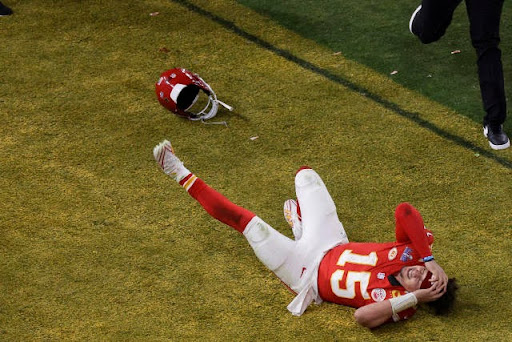A Stain on White Clothes: The Betting Scandal in Tennis
February 20, 2016
Tennis is producing ripples throughout the sporting world; unfortunately, these news stories are not flattering for the sport. In the midst of FIFA’s corruption debacle, the sport’s dark past of betting and fixing matches is now rising to the surface. In professional tennis, there is no salary. Prize money is earned from winning matches and tournaments, and even that type of money is (often) nowhere near the salary of professional athletes of other sports. In 2015, the world’s best player, Novak Djokovic, made $21m in prize money. Roger Federer, ranked just one spot behnd Djokovic, made a whopping $65m, with less than a third of that coming from prize money. The “Top Ten” players seemingly “hog” all the prize money, endorsements, and fans. For the 100th best tennis player in the world, Israel’s Dudi Sela, tennis produces $300k a year.
In tennis, there is no draft. The ATP and WTA (for men and women respectively) are unwelcoming to say the least. Most tournaments have sixty-four spots available, with fifty frequently taken by a consistent core of competitors. Unless the player is backed by his or her country to finance his career and help gain wildcards into tournaments, the player must slog it out through the tour. Pro tennis is similar to racing; there are many circuits. Players start out at the junior level by playing entry-level tournaments, called Futures, to gain a minimal ranking, and then have to qualify to get into a big time tournament with more lucrative prizes. One lucky win can jumpstart a career, but this concept is not as easy to execute as it may sound. The sheer difficulty of breaking through onto the scene drives many to seek “alternative routes” to fame, glory, and, perhaps most of all, money. Unfortunately, players are offered attractive packages, often large sums exceeding more than $30,000 and up to $500,000 (depending on the scale of the match), to purposely lose matches. Novak Djokovic himself was offered money to throw a match early on in his career, but, being the sportsman that he is, vehemently declined. While players like Djokovic have no need for the side cash, the harsh reality is that most players are overwhelmingly underpaid for their efforts. Although a bit of a generalization, some players must question methods and strategies: “Should I throw this match for $300,000, which is probably more than I’ll make all year, or clear my conscience of guilt and try my hardest to win the match?” It is easy to see how the conditions of professional tennis are ripe for corruption by way of match fixing.
It is presumed that the authorities have known about this for quite some time, but have simply covered it up to preserve the pristine image of the sport. Recently, umpires have been banned due to credible evidence that they were fixing matches. A player has plead guilty to accepting a bribe to lose a match on purpose. As this investigation continues, I am sure more and more players will be exposed for their unsportsmanlike conduct.












